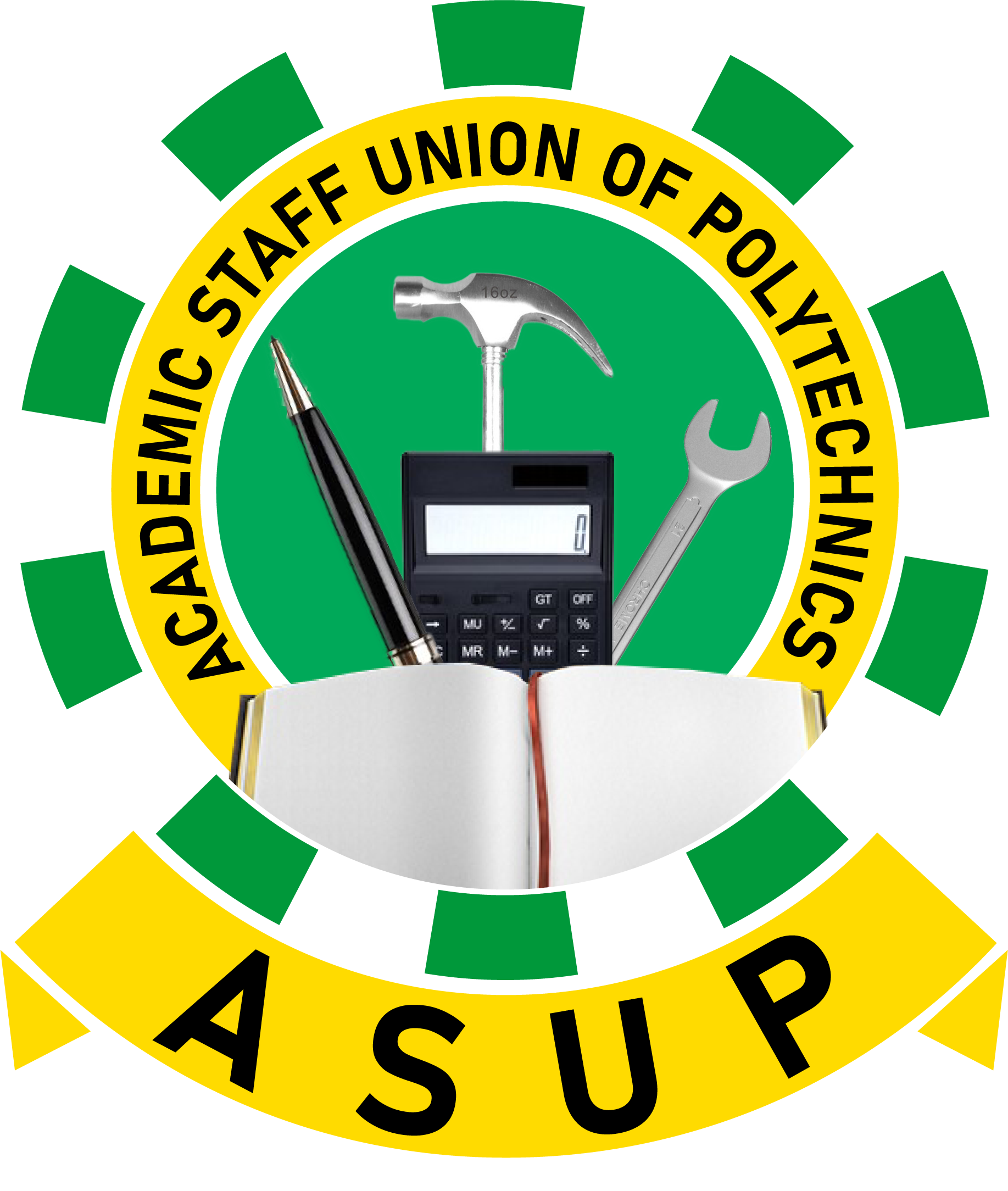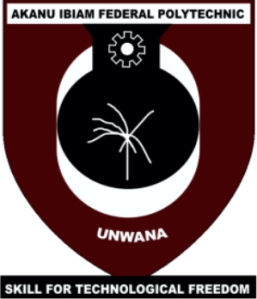

- ISSN: 2814 – 2802
- +234 0803 482 2346
- services@ajikt.org
THE ROLE OF LIBRARIES IN THE IMPLEMENTATION OF INFORMATION POLICY IN THE KNOWLEDGE ECONOMY ERA
Abstract
The attainment of societal goals is dependent on access to information and knowledge. This paper therefore seeks to assess the roles librarians can play in implementing information policies that will integrate the Nigerian society fully into the global knowledge-driven economy. Using the current literature, the paper describes information as a commodity for intellectual exchange that effects positive transformational change. It defines information policy as a set of legislation guiding the ethical use of information to attain societal goals. The roles librarians play are embedded in the information life cycle itself from creation to use, ensuring that ethical use of information is guaranteed across all sectors of our social life, from individual to organisational level. However, attaining these goals is affected by drawbacks such as non-recognition of the roles that librarians play by the government and organisational leadership, poor information infrastructure, inadequate training of librarians, poor monitoring of implementation among others. The paper recommends the establishment of standard libraries and critical information infrastructure, training of librarians, establishment of community libraries and sensitisation of the public on the importance and contents of information policies to their socioeconomic activities. Keywords: Libraries, Information Policy, Knowledge Economy, Nigeria.